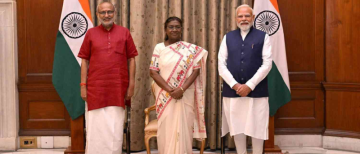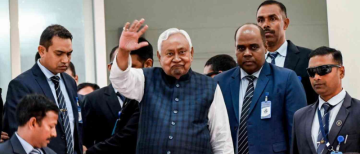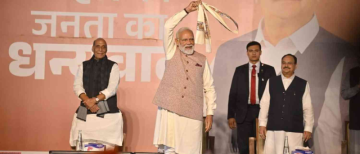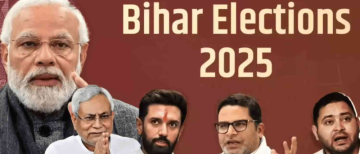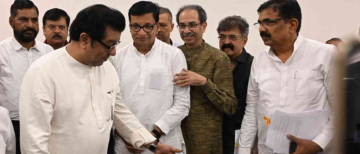The recent discussions surrounding Subhas Chandra Bose, particularly in the context of Congress's evolving narrative, reveal a complex interplay of historical memory, political strategy, and national identity. As India commemorates Bose's legacy, it raises questions about how political parties engage with the past to shape contemporary discourse.

Bose's Revolutionary Legacy
Subhas Chandra Bose, often referred to as Netaji, played a pivotal role in India's struggle for independence. His revolutionary tactics set him apart from contemporaries like Mahatma Gandhi, focusing on armed resistance against British colonial rule. Bose's leadership of the Indian National Army (INA) and his efforts to seek international alliances during World War II underscored his commitment to India's liberation, even if his military strategies were sometimes criticized as lacking effectiveness. His famous exhortation, "Give me blood and I will give you freedom," continues to resonate in the national consciousness as a symbol of sacrifice and patriotism.
Congress's Unease with Historical Legacies
The Congress party's recent attempts to rehabilitate figures like Bose and former Prime Minister P.V. Narasimha Rao highlight its ongoing struggle with historical narratives. The shift to a new headquarters and the inclusion of Rao's legacy signify a recognition of the complexities within its own history—particularly the need to embrace leaders who contributed significantly to India's political landscape but were previously marginalized. This acknowledgment comes at a time when the BJP has successfully appropriated the legacies of various leaders, including Sardar Patel, leaving Congress at risk of losing its historical relevance.
Political Repercussions and Contemporary Context
The Congress's hesitation to fully embrace Bose’s legacy reflects broader tensions within Indian politics. While Bose is celebrated as a hero by many, his alliances with Axis powers during World War II complicate his image. The party's cautious approach may stem from fears of alienating certain voter bases while trying to reclaim lost ground against the BJP, which has positioned itself as a champion of nationalism.Moreover, the current political climate necessitates a re-evaluation of past leaders' contributions. As economic liberalization becomes increasingly viewed positively, figures like Rao—who initiated significant reforms—are being reconsidered for their potential to resonate with contemporary voters. This recalibration indicates a strategic pivot for Congress as it seeks to redefine its identity amidst changing political dynamics.
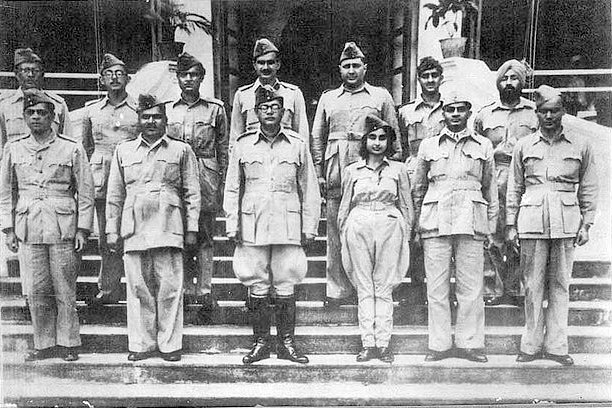
What specific actions by Bose triggered Congress's unease?
Subhas Chandra Bose's actions during his tenure in the Indian National Congress sparked significant unease among the party's leadership, particularly due to his revolutionary approach and ideological differences with key figures, including Mahatma Gandhi. Here are the specific actions that triggered this discomfort:
1. Advocacy for Mass Movements
Bose was a strong proponent of launching mass movements for "Purna Swaraj" (complete independence), contrasting sharply with the Congress's more conciliatory approach towards the British government. His call for an all-India protest in August 1939 led to disciplinary action from the Congress Working Committee, reflecting their disapproval of his aggressive tactics.
2. Leadership Challenge
Bose's election as Congress president in 1938 at the Haripura session was a pivotal moment. He defeated Gandhi’s candidate, Pattabhi Sitarammayya, which resulted in the resignation of the entire Congress Working Committee. This electoral victory highlighted his growing popularity and charisma, which threatened the established leadership dynamics within the party. His insistence on a more militant stance against British rule was seen as a direct challenge to Gandhi's philosophy of non-violence.

3. Differences in Ideology
Bose's belief in militant nationalism clashed with Gandhi's non-violent approach. He was critical of Gandhi's strategy, feeling that it was ineffective in achieving true independence. Bose argued for an uncompromisingly militant plan of action, suggesting that only through force could India achieve liberation from British rule. This fundamental ideological divide created friction within Congress, leading to his eventual marginalization.
4. Formation of the Forward Bloc
After being ousted from Congress following the Tripuri session in 1939, where he again faced opposition from Gandhi's faction, Bose went on to form the Forward Bloc. This move aimed to unite leftist groups and further his vision for independence outside of Congress’s framework, indicating a clear break and a direct challenge to the party’s authority and direction.
5. Strategic Military Alliances
Bose’s efforts to seek international alliances during World War II, including his collaboration with Axis powers, were controversial and contributed to Congress's unease. His military strategies and calls for armed resistance were at odds with the prevailing sentiments within Congress, which favored negotiation and non-violent resistance.In summary, Bose's revolutionary fervor, leadership ambitions, ideological differences with Gandhi, and subsequent formation of alternative political structures all contributed to Congress's discomfort and eventual estrangement from him. His legacy remains a point of contention within Indian political discourse today.
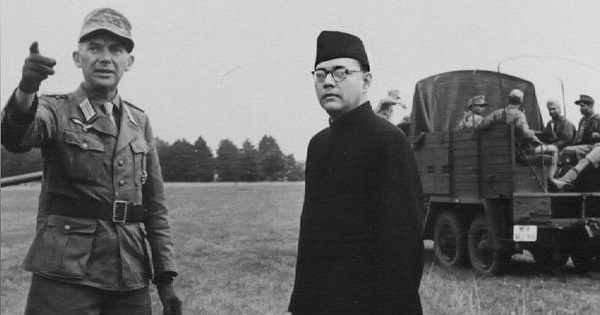
Conclusion: A Legacy Reclaimed?
The ongoing discourse around Bose and other historical figures illustrates how political parties navigate their legacies in response to contemporary challenges. As Congress endeavors to reclaim its narrative by honoring leaders like Bose and Rao, it simultaneously grapples with its past missteps and the need for a cohesive identity that resonates with modern India. The challenge will be not only to celebrate these legacies but also to integrate them into a forward-looking vision that addresses current socio-economic realities while fostering national unity.
With inputs from agencies
Image Source: Multiple agencies
*The views expressed are personal to the author and do not reflect the platform's opinion of the same.
© Copyright 2024. All Rights Reserved Powered by Vygr Media.








